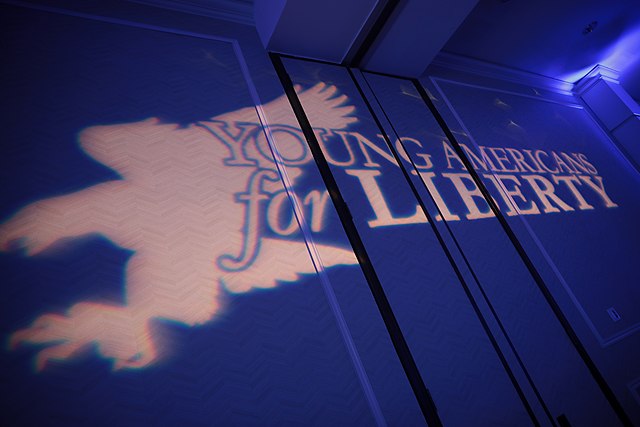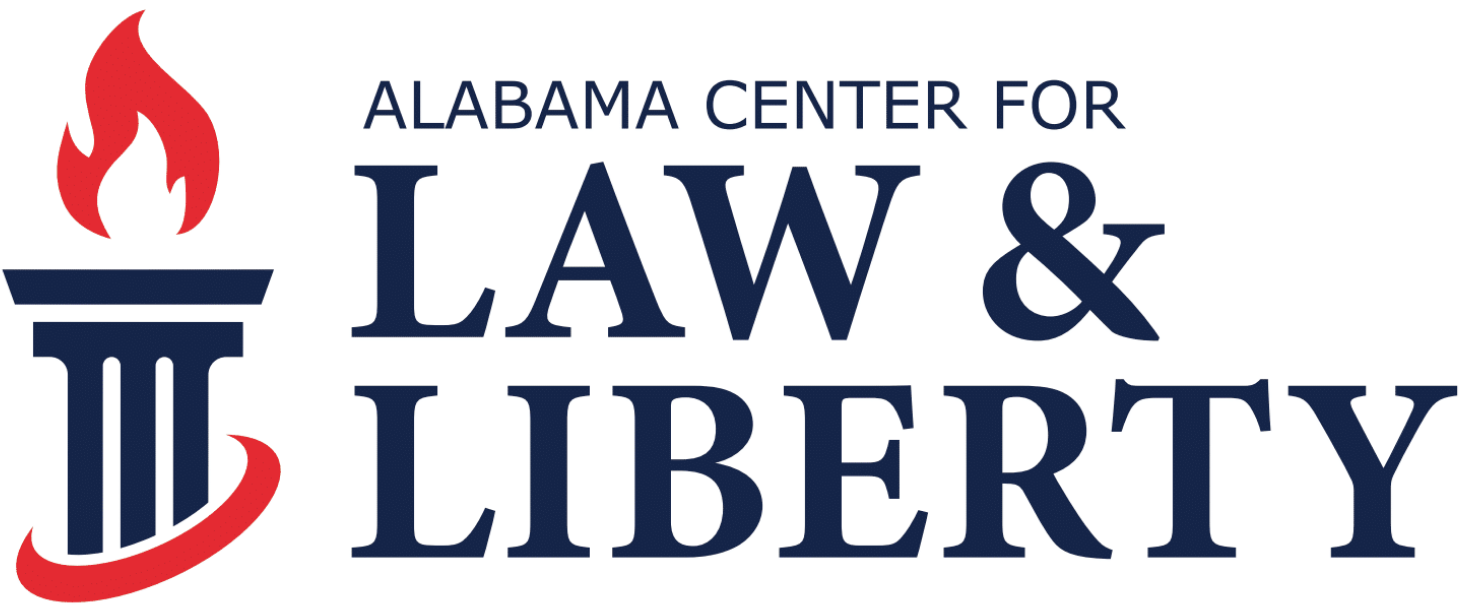Young Americans for Liberty at UAH
v.
St. John
ACLL Role:
Case Start Date:
Original Court:
Practice Area(s):
Amicus
July 13, 2021
Madison Circuit Court
Limited Government
ACLL Role: Amicus
Case Start Date: July 13, 2021
Deciding Court: Montgomery Circuit Court
Original Court: Madison Circuit Court
Practice Area(s): Limited Government
Practice Area(s): Limited Government
CASE SNAPSHOT
Across the country, public universities are subjecting their students to unconstitutional speech policies. That happened here in Alabama, when the Young Americans for Liberty’s UA Huntsville wanted to discuss political ideas without getting permission from the university first. Because this violated UAH’s speech code, the YAL chapter sued, represented by Alliance Defending Freedom. After the trial court dismissed its case, the chapter appealed to the Alabama Supreme Court. ACLL filed an amicus brief with the Alabama Supreme Court, arguing that the Alabama Constitution’s Free Speech Clause protects the People from prior restraints on speech.
Status:
ACLL filed its friend-of-the-court brief with the Alabama Supreme Court on March 29, 2022.
For the Media

CASE SUMMARY
Background
If asked, nearly everyone would agree with two basic truths: everyone in the United States has the freedom to speak, and universities should be the places where a free exchange of ideas should be the most welcomed. It really should be that simple. However, many public universities today have stringent speech codes forbidding the free exchange of ideas and expressive conduct. Sometimes, if the government is feeling generous, it will designate a small space on campus called a “free speech zone.” But outside of that zone’s one’s freedom to speak is subject to much oversight.
Sadly, the University of Alabama at Huntsville had such a code. According to UAH’s policy, before students wish to engage in expressive activity on campus, they must receive permission from the university three days in advance. UAH grants exemptions for recent news and events and for distributing written literature, but that’s it. Even the outdoor areas of campus are subject to this policy.
Young Americans for Liberty, a pro-liberty organization, had a student chapter at UAH. The YAL chapter desired to hold up signs discussing free speech, the right to bear arms, and the size and scope of the federal government. But because they faced the possibility of punishment, they had to self-censor in their recruiting efforts and activism events. Fortunately, Alliance Defending Freedom came to their aid and launched a lawsuit against UAH. After the trial court granted UAH’s motion to dismiss, the chapter appealed to the Alabama Supreme Court.
The Alabama Constitution’s Prohibition on Prior Restraints
Alliance Defending Freedom reached out to ACLL, asking if we would be willing to submit an amicus brief discussing the text, history, and original meaning of the Alabama Constitution’s Free Speech Clause. Article I, Section 4, of the Alabama Constitution provides: “That no law shall ever be passed to curtail or restrain the liberty of speech or of the press; and any person may speak, write, and publish his sentiments on all subjects, being responsible for the abuse of that liberty.” In 2021, Justice Mitchell, joined by Chief Justice Parker, issued a special writing urging lawyers to brief the court on the original public meaning of the Alabama Constitution. Seeing the opportunity, ACLL took up the justices’ call.
The original free speech clause of the 1819 Alabama Constitution was based on the Pennsylvania Constitution of 1790, which in turn was based on the common-law rule of Sir William Blackstone. According to Blackstone, the freedom of speech and press was the freedom to speak or print what one pleased without getting the government’s permission first. Blackstone reasoned that the speaker could be held responsible for the abuse of that liberty through a defamation action if he went too far, but the freedom meant that one could speak or publish what he pleased without getting a license first. The Alabama Constitution of 1819 virtually adopted this rule and kept it consistent throughout its next four constitutions. In 1901, the framers made only one material change to the Free Speech Clause of the Alabama Constitution: It increased liberty by granting it to all people within the state, not just citizens. Thus, whatever the limits are of Alabama’s free speech provision, the one rule that was abundantly clear was freedom from prior restraints.
In this regard, the Alabama Constitution protected more freedom for the YAL chapter than the Federal Free Speech Clause did. While the federal courts have usually done well to protect people against licensure requirements, the federal courts lately have been granting the government to impose prior restraints under the guise of time, place, and manner restrictions. This is how UAH could get to the point where they could consign student speech to a “free speech zone,” as if college students were not free to speak anywhere else on campus. But the Alabama Constitution is abundantly clear: no prior restraints on speech are tolerated at all. Thus, under the Alabama Constitution, the students of YAL are free to speak without getting UAH’s permission first.
Importance to Limited Government
George Washington warned, “For if Men are to be precluded from offering their Sentiments on a matter, which may involve the most serious and alarming consequences, that can invite the consideration of Mankind, reason is of no use to us; the freedom of Speech may be taken away, and, dumb and silent we may be led, like sheep, to the Slaughter.” If citizens are not allowed to speak, especially on matters of public concern, then there is no hope for self-government. Moreover, if the government can stop the people from discussing ideas, then it can cross the line into policing not only behavior but also thoughts. Such is the hallmark of totalitarian regimes around the world, but thought police is foreign to American ideals of self-government.
Alabama Center for Law & Liberty 2213 Morris Ave, Floor 1 Birmingham, AL 35203 256-530-0519
The Alabama Center for Law and Liberty is Christian non-profit law firm.
©Alabama Center for Law & Liberty. All rights reserved.
